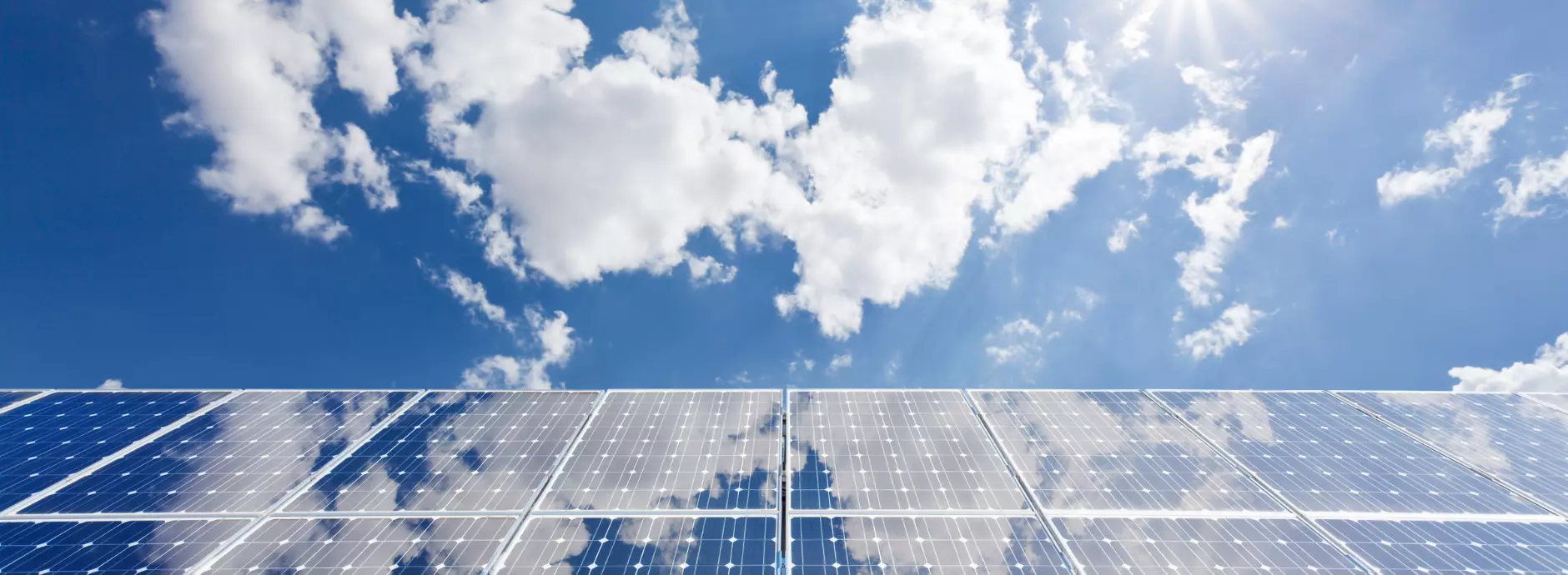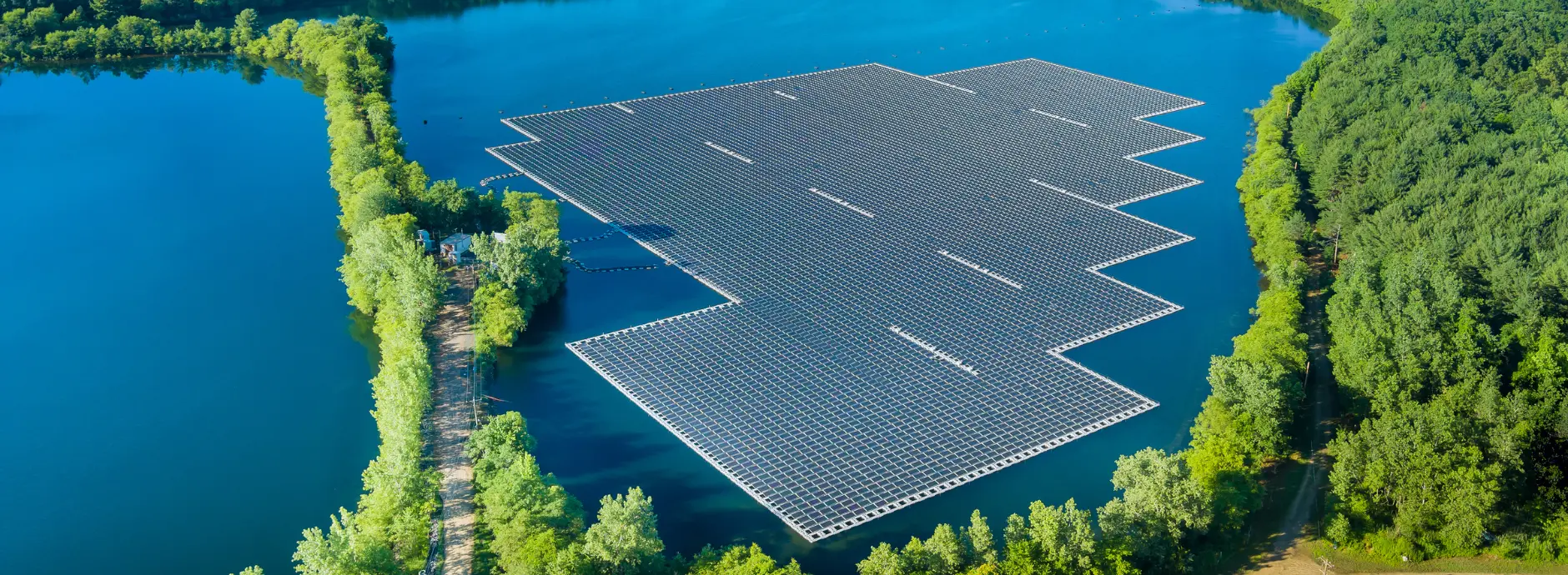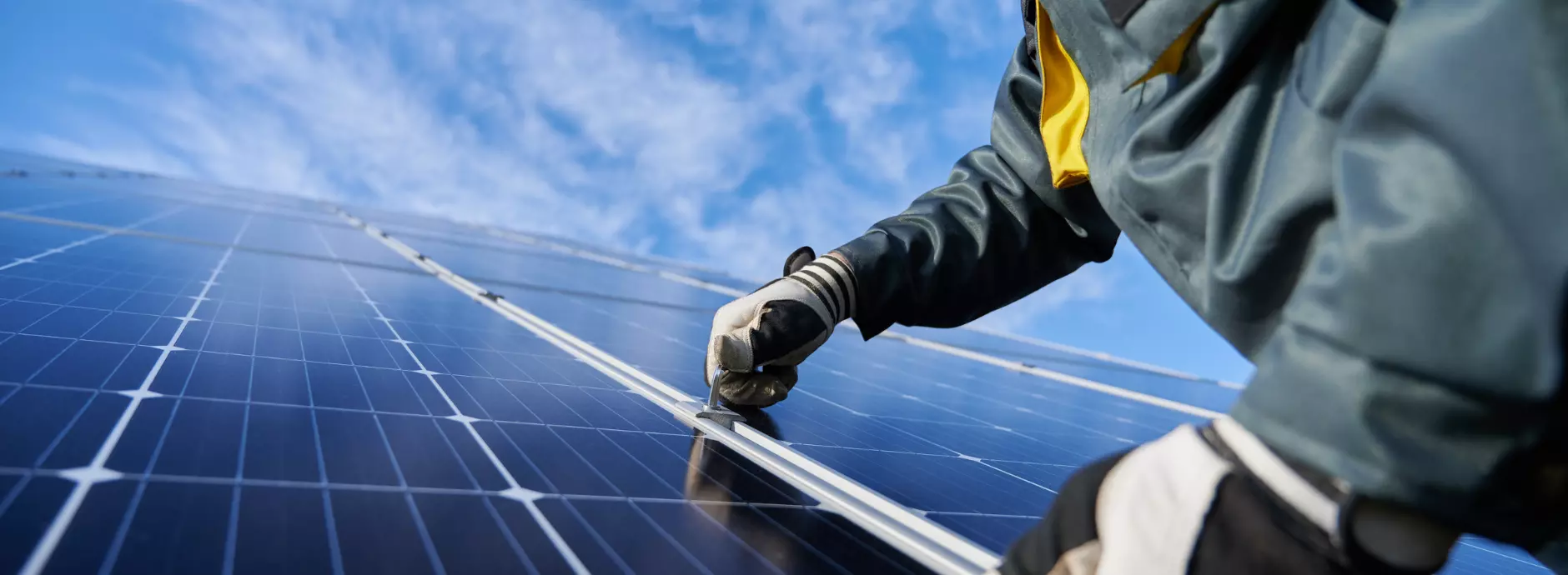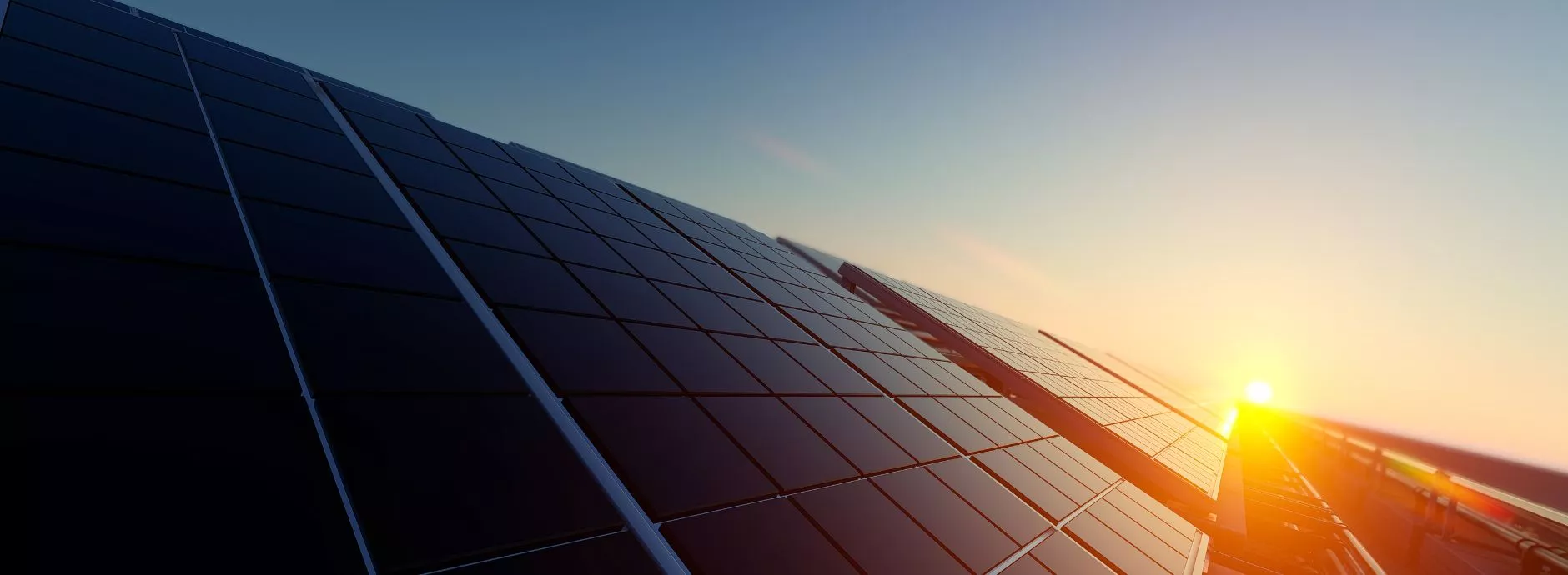Ground Mounted Solar Farms
Key Benefits
Overview of the Solar Farms
Also known as solar power plants or solar parks, are large-scale installations where solar panels are mounted on the ground to generate electricity from sunlight.
Larger system sizes
Ground mounted solar farms can accommodate larger solar panel arrays than most roof mounted systems, allowing for greater electricity generation capacity.
Better efficiency
Ground mounted systems can be installed at the optimal angle and orientation for solar panel efficiency, maximizing energy production.
Better ventilation
Ground mounted systems allow for better air flow around the panels, which can improve system performance and reduce heat-related degradation.
Flexibility in location
Ground mounted systems can be installed in more locations than roof mounted systems, providing greater flexibility in finding suitable locations for solar farms.
Larger system sizes
Accommodate larger solar panel arrays
Ground mounted solar farms can accommodate larger solar panel arrays than roof mounted systems, allowing for greater electricity generation capacity.
Optimized for maximum sun exposure
Ground mounted systems can be built in flat, open areas, which means they can be optimized for maximum sun exposure and energy production.
Multiple uses
The space under the solar panels in a ground mounted system can be used for other purposes, such as agricultural or grazing land.
Better efficiency
Ground mounted solar farms have the advantage of being installed at the optimal angle and orientation for solar panel efficiency. This means that the solar panels can be positioned to receive the maximum amount of sunlight throughout the day, resulting in better energy production. Additionally, ground mounted systems can be easily adjusted to accommodate changing solar angles throughout the year, further improving overall efficiency. Overall, this makes ground mounted solar farms a great option for maximizing energy production and generating higher returns on investment.
Flexibility in location
Ground mounted solar farms means that they can be installed in a wide variety of terrains and environments, such as on farmland or in deserts, which may not be suitable for roof mounted systems. This can provide greater opportunities for solar energy generation in areas with high solar irradiance, allowing for more widespread adoption of solar power
Build Your Dream
Engagement Modes

Solar Leasing
Instead of buying solar panels outright, establishments can lease them from us and pay a fixed monthly fee or based on the amount of consumed electricity.

Solar PPA
A solar power purchase agreement (PPA) is an arrangement where a third-party developer owns, operates, and maintains a solar power system, and the client purchases the energy produced.

Solar EPC
A solar EPC (Engineering, Procurement, and Construction) company provides turnkey solutions for solar power projects, including design, installation, and commissioning of the solar power system.

Solar PSA
A solar power supply agreement is a contract between a solar power producer and an energy consumer for the purchase and sale of solar-generated electricity over a specified period of time.
Contact Us
Ready to Work Together? Build a project with us!
Learn More From
Frequently Asked Questions
How much energy will my solar panels produce?
Home and business owners want to know how much energy they can expect their solar panels to produce. Solar panel installers should be able to provide an estimate based on factors such as the size of the system, the location, and the amount of sunlight in the area.
What are the advantages of solar power generation?
One of the main advantages of solar power generation is that it is a clean, renewable source of energy. Solar power systems do not emit greenhouse gases or pollutants and do not require water to generate electricity. Additionally, solar panels have no moving parts, require little maintenance, and can last for decades.
What are the limitations of solar power generation?
One of the limitations of solar power generation is that it is dependent on sunlight. This means that solar panels are less effective on cloudy or rainy days and do not generate electricity at night. Additionally, the amount of electricity that can be generated by a solar panel depends on factors such as the angle of the sun, the time of day, and the weather. Finally, solar power systems can be expensive to install, although costs have been decreasing in recent years.
